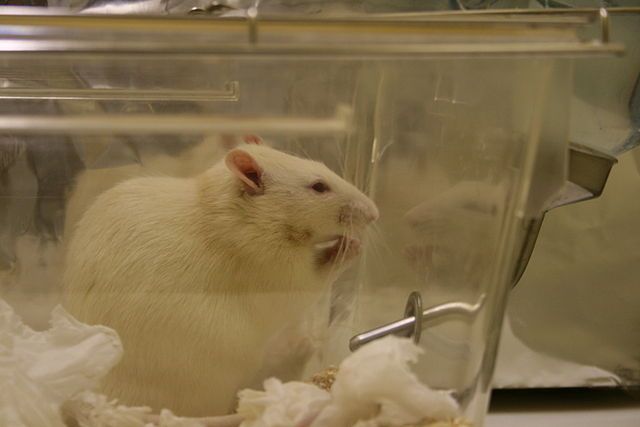The academic council of the health sciences faculty of Copenhagen University has taken a unanimous decision to withdraw the doctorate granted to Milena Penkowa in 2006.
In 2003, Penkowa submitted a thesis that involved research work on rats, and suspicions soon arose that this work had not, in fact, been carried out. In order to lay these suspicions to rest, Penkowa submitted supporting documentation that subsequently turned out to have been falsified.
The case ended up in Copenhagen City Court where Penkowa was given a nine-month suspended sentence for forgery of a serious nature.
She appealed and on 8 September 2016 the Eastern High Court downgraded the verdict to simple forgery.
READ ALSO: Neuroscientist Penkowa cleared of charges in fraud case
Coming back for more
In the meantime, Penkowa submitted a second doctoral thesis that was examined by an international committee of experts and approved by the university in 2006. It is this thesis that is now in the spotlight.
In a press release, the council stated that “if the faculty had been aware of these irregularities, they would have refused to consider the second thesis that Milena Penkowa received a doctorate for.”
They went on to add that “the granting of a doctorate signifies serious academic recognition with the expectation of a high level of professional credibility, as well as being a sign of significant scientific insight and maturity. Milena Penkowa has not lived up to these prerequisites.”















